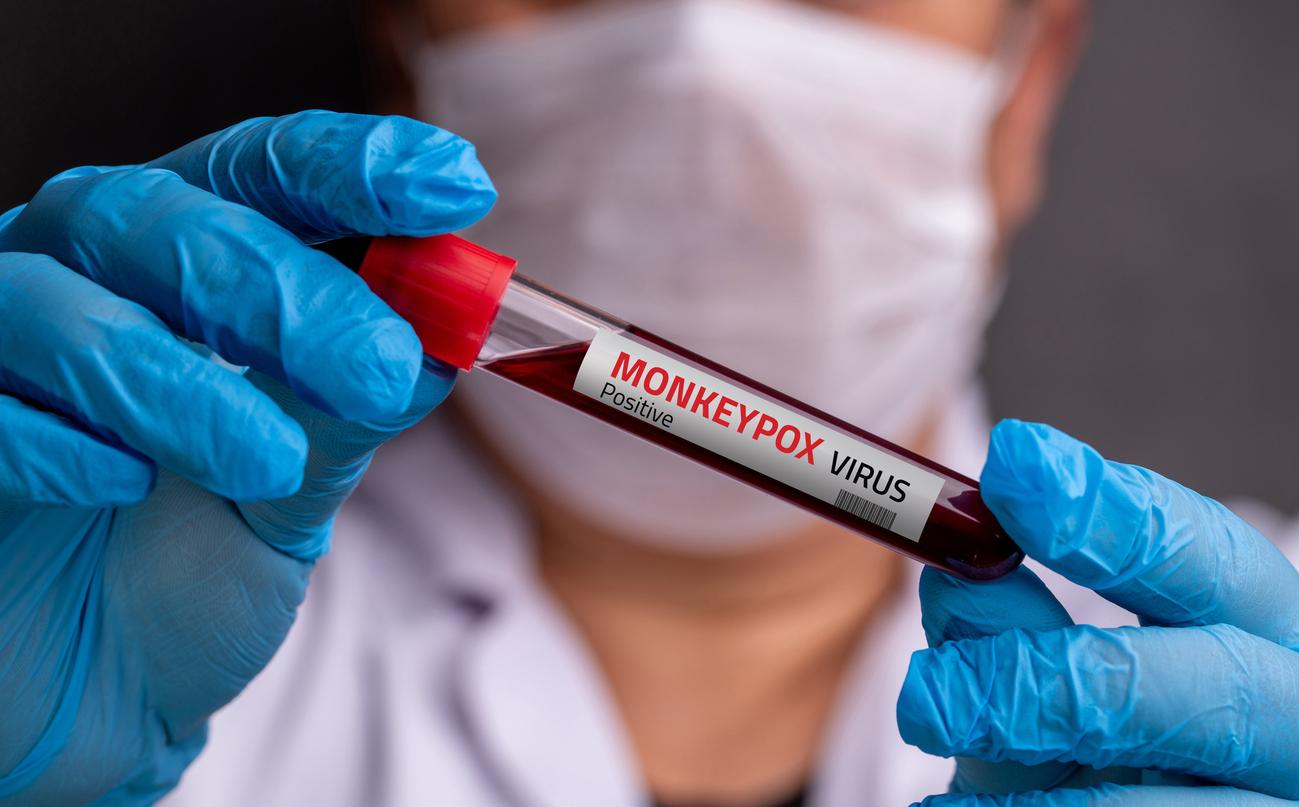The Ebola epidemic, which raged in West Africa between 2013 and 2016, caused by the species Zaire of the virus, caused 11,000 deaths. However, more than 17,000 people survived.
It was during this serious episode that more than 800 people infected with the virus were recruited from three sites in Guinea to form the “PostEboGui cohort” intended to monitor any sequelae of the disease. These patients benefited from regular consultations up to 60 months after their discharge from the Ebola treatment centre. Of these patients, 45% were male, 55% female, and the median age was 27.3 years (21% were under 18).
There are reservoirs of the virus in some survivors
The first results of this large-scale monitoring have just been published in the journal The Lancet Microbe. They indicate that, five years after leaving the Ebola treatment centre, 76% of survivors had antibodies against a particular antigen of the virus and 60% against two other antigens. Valuable data to know for the design of a vaccine. Nevertheless, the researchers noted an overall decrease in antibody concentration over time: overall nearly a quarter of subjects no longer have detectable antibodies after 60 months.
The researchers also found that antibodies increased over months in some survivors. “These results support the hypothesis of the existence of viral reservoirs in the body: these internal viruses could be responsible for the immune re-stimulation of patients without them having been re-infected or re-exposed to the virus in the external environment” they explain in a press release. “The risk is to see new cases of Ebola coming from survivors. This is probably what happened during the resurgence of the disease in Guinea last January, 5 years after the end of the epidemic”.
The two investigators conclude their work by warning of the need for appropriate follow-up for Ebola survivors, as long as no treatment will eradicate the viral reservoirs from the patient’s body.
Source :
Temporal evolution of the humoral antibody response after Ebola virus disease in Guinea: a 60-month observational prospective cohort study, The Lancet microbe, September 2021
Read also :
- The Ebola virus is (also) sexually transmitted
- Ebola: the epidemic declared a global health emergency
















